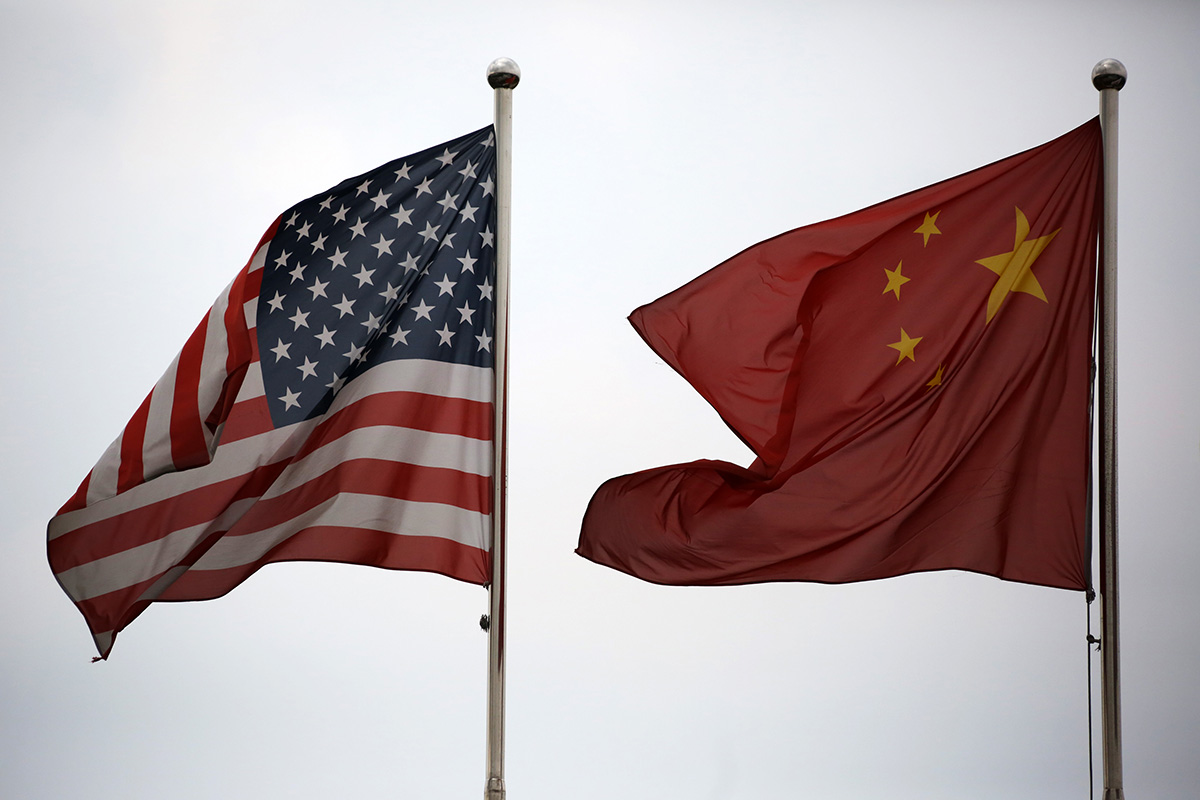Yesterday afternoon, President Biden had a virtual meeting with China’s President Xi Jinping. The meeting lasted more than three and a half hours, which is much longer than these things usually go and certainly a lot longer than expected. That is a good sign for relations between the two countries in a general sense, given the tension that has existed between these two nations over the last few years, but it also has implications for investors. Chinese stocks have been under pressure but if this meeting marks a turning point in those relations, it can be one for those stocks too.
China under Xi has embraced the idea of wealth creation being a way of keeping the people happy and that has resulted in some degree of acceptance of capitalist economics. Companies outside the realm of the state have been allowed to thrive, as long as they don’t attempt to turn money into political power. Those boundaries have been tested recently and various crackdowns on companies and whole industries have ensued. With China portraying the U.S., the poster child for capitalism, as the enemy, those crackdowns could be expected to continue. However, if that demonization ceases, there is a way forward.
That points to the possibility of a recovery in Chines stocks and ETFs listed here in America.
The question for investors is how best to play it. In this case the obvious beneficiaries of a relaxation of regulations — the big Chinese tech companies — are certainly one way to do that, but the risk that an individual corporation may upset the Party suggests looking for some broader exposure. One answer would be the Wisdom Tree China Ex-State-Owned Enterprise Fund (CXSE), for which you can find the summary here and the full prospectus here.
As its name implies, CXSE invests in only “free market” Chinese companies, defined as those where the government owns less that twenty percent of the equity. If the better U.S./China relations do lead to a recovery of capitalism in China, that is an important feature, as state-owned companies generally benefit from restrictions on those more attuned with free enterprise, but will be relatively disadvantaged if they are eased. The big tech companies are represented in the fund, of course, with Tencent Holdings (TCEHY) and Alibaba (BABA) being the top two holdings, together accounting for around 28%, but other sectors such as healthcare, industrials and financials are also well represented, giving decent diversification.

As you can see from the above chart, CXSE lost around 37% from its February high before finding a bottom last month. Incidentally, the advantage of diversification can be seen when that is compared to Alibaba, which dropped around 50% from its 52-week high before it too bottomed out a month or so ago. Progress for CXSE since that low has been slow, but if diplomatic and trade relations with the U.S. improve, it will accelerate significantly.
Of course, that is by no means certain given that Chinese politics are so opaque, but even if the status quo is maintained for a while, a case can be made for Chinese stocks in general. The first two of legendary Wall Street guru Bob Farrell’s 10 rules for investing are that everything returns to the mean and that excess in one direction will lead to excess in the other direction. Both of those rules indicate that after running up so strongly in 2020 then collapsing in 2021, CXSE should return to the mean, giving around 50% upside from here.
Basically, buying CXSE or any other Chinese stock fund is a bet on something that has been proven time and time again: that countries will place their economic interests above all else. There are obvious, seemingly irreconcilable differences between the two nations when it comes to subjects such as Taiwan and human rights, but they agree on one thing: economic cooperation benefits both. Some agreement on climate policy at COP26 and then an extended conversation between the two leaders yesterday indicates that both China and the U.S are once again prioritizing profit over principle. You may not see that as a good thing from a moral or political perspective, but it does make something like CXSE attractive at these levels.
Do you want more articles and analysis like this? If you are familiar with Martin’s work, you will know that he brings a unique perspective to markets and actionable ideas based on that perspective. In addition to writing here, Martin also writes a free newsletter with in-depth analysis and trade ideas focused on just one, long-time underperforming sector that is bouncing fast. To find out more and sign up for the free newsletter, just click here.
The views and opinions expressed herein are the views and opinions of the author and do not necessarily reflect those of Nasdaq, Inc.
www.nasdaq.com
